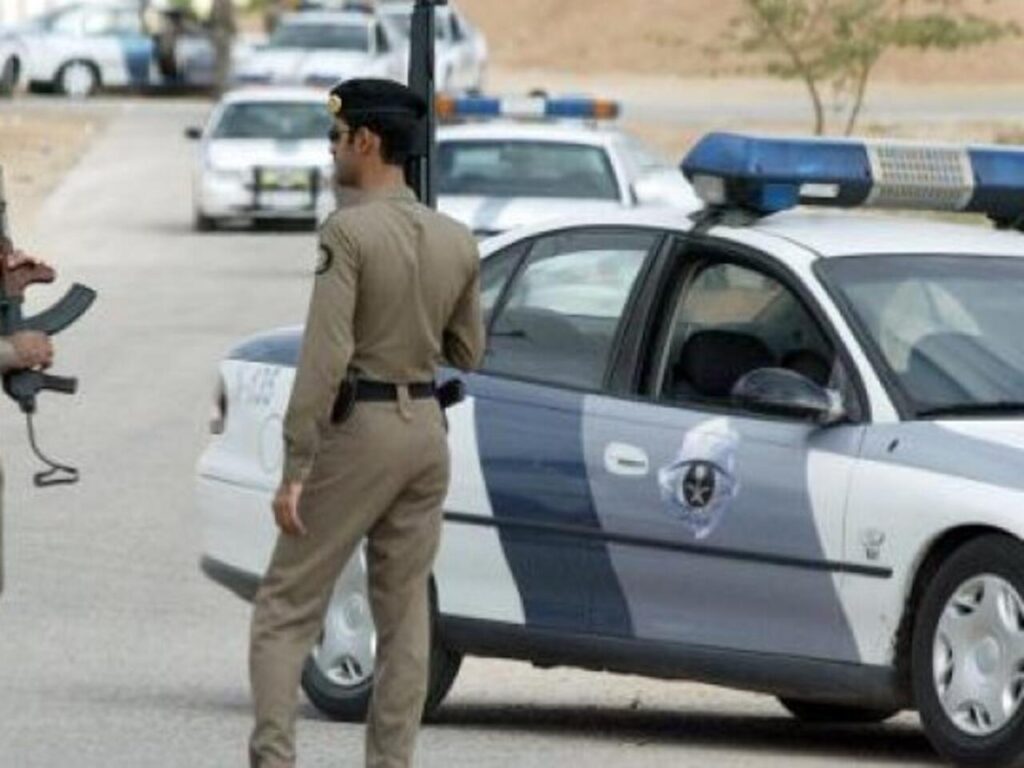
A violent clash erupted in Paraguay’s Tacumbu prison on Monday, leaving 10 dead as authorities attempted to transfer a notorious drug lord and regain control of the facility. The bloodshed marks a grim turning point in Paraguay’s battle against rampant gang power within its penitentiary system.
Javier Rotela, leader of the notorious Rotela Clan, had effectively carved out a fiefdom within Tacumbu’s “The Jungle” sector, living lavishly with his family and operating a contraband supermarket guarded by his pit bulls. To dismantle this stronghold, a massive operation involving over 2,200 police and soldiers descended upon the prison located just outside Paraguay’s capital, Asunción.
The operation quickly turned deadly. Inmates opened fire on the officers, resulting in the death of one officer and leaving another critically injured. National police chief Carlos Benitez confirmed numerous casualties on both sides, with at least 36 officers and 24 prisoners sustaining gunshot wounds.
In the aftermath, President Santiago Peña addressed the nation, vowing to end the era of unchecked gang rule within Paraguay’s prisons. “We have carried out a historic and unprecedented operation to build a safer country for our families,” he declared. “Tacumbu became a breeding ground for crime, and today we say enough!”
Rotela’s influence extended far beyond Tacumbu. Authorities estimate his clan boasts around 7,000 members across various Paraguayan prisons, highlighting the pervasiveness of gang power within the system. The operation confiscated an arsenal of automatic weapons, further underscoring the danger posed by these criminal networks.
Tacumbu, already housing nearly double its intended capacity of 1,500 inmates, has been a hotbed of unrest under Rotela’s control. Just two months prior, a riot at the prison saw 22 guards taken hostage and a prisoner found dead under mysterious circumstances.
The deadly raid marks a pivotal moment for Paraguay’s prison system. While Rotela has been neutralized, the challenge of dismantling ingrained gang power and reforming overcrowded, understaffed facilities remains immense. The path towards a safer Paraguay hinges on the nation’s ability to address these systemic issues and ensure its prisons serve as tools for rehabilitation, not incubators for criminal activity.




